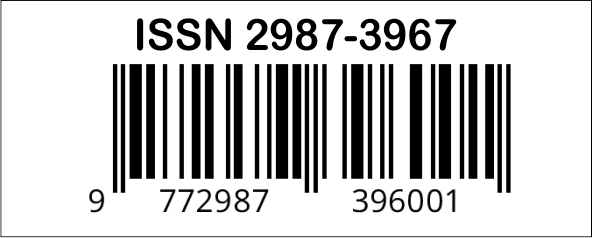Scientific calculators in mathematics classroom: A hindrance or a scaffold?
Abstract
Due to their nature as a calculation tool, it cannot be neglected that calculators are often seen as a hindrance in learning mathematics. Many teachers believed that calculators would make students lazy and even unable to do calculations and, therefore, their basic calculation skills will not develop. Based on this fact, the present study was aimed to seek evidence whether calculators hinder students’ mathematics skills. For this purpose, a quasi-experimental research approach was used. A pretest-posttest control-group design was used that involved 940 students from 21 senior high schools in nine provinces in Indonesia joined this study. A calculator-supported inquiry learning was implemented in the experimental groups, whereas a regular classroom instruction with paper-and-pencil activities was implemented in the control groups. Scientific calculators in the experimental groups were used to explore and discover mathematics concepts. The results of this study show the students in the experimental group significantly outperformed the students in the control group in terms of their critical thinking skills. This finding can be seen as evidence of how scientific calculators do not hinder students’ learning of mathematics. Instead, the use of calculators as an exploration tool could develop students’ critical thinking skills.
Keywords: critical thinking skills, experiment, inquiry learning, scientific calculators










